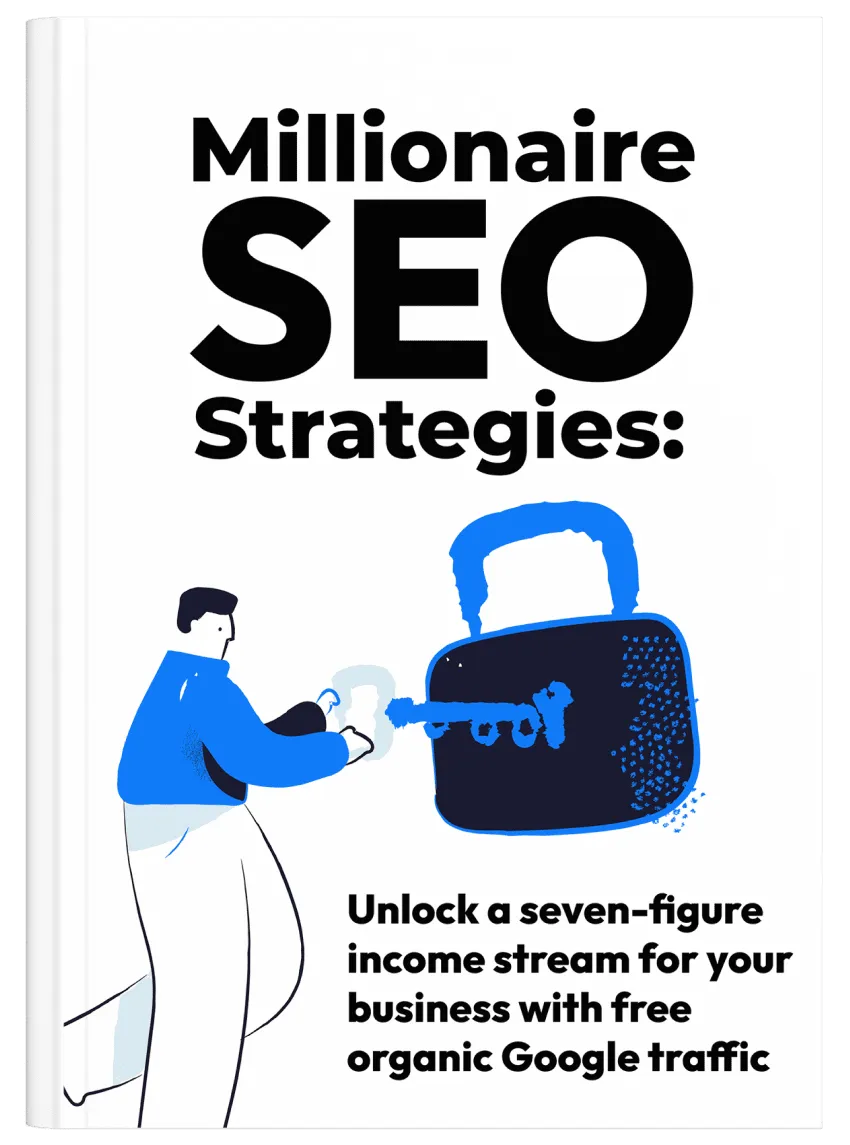
4 UX Tips For More Organic Traffic and Higher Search Engine Rankings
Great website designs aren’t only eye candies. They play a crucial role in determining the overall success of your business — including total sales as well as search engine rankings.
Excellent UX improves user engagement. These behavior metrics are also used by RankBrain to determine how useful a website is to the visitors. Eventually, it affects the site’s search engine rankings.
In this blog post, we are going to share a few UX tips that can help you increase organic traffic and improve your website’s rankings in the search engine results pages.
1. Website architecture
Your website architecture needs to be simple and easy-to-use for human visitors as well as search engine crawlers.
The navigation structure of your website plays a key role here. Here are a few tips to improve that:
- The navigation links should be clearly visible and, ideally, on a familiar position, e.g., the top navigation bar.
- The links or buttons should be descriptive. There should no ambiguity for the visitor as to where to link would lead her to.
- Consistency is the key when it comes to the format and presentation of the navigation links.
- Wherever the user is, you should try to create a navigation structure that they can use to reach whichever page in just 3 clicks.
A good website and navigation structure will help you improve bounce rate, engagement rate, the percentage of returning visitors, conversion rate, sales, and search engine rankings. It also helps search engine crawlers to better understand and crawl your website.
2. A mobile-friendly website
It’s no secret now that mobile-friendly website is absolutely essential. Mobile compatibility has only increased in importance after the introduction of the mobile-first index. If your website looks poor on mobile devices and doesn’t offer a fantastic user experience to mobile users, it’s going to directly affect your website’s search engine rankings.
The idea is to create a mobile-friendly website design that is fully responsive and successfully adapts to different mobile devices. In fact, designers now often create a mobile-first design and later creates the desktop version.
When creating a mobile website, make sure that the navigation is clear and the CTAs are visible. A cluttered design works awfully on smaller mobile screens.
In addition, also make sure that the metadata is consistent across mobile and desktop versions.
3. Website speed optimization
How long does your website take to load?
If it takes more than one second or two, you have a problem.
Studies show that a single second delay can reduce the conversion rate by 7%. Moreover, 40% of people will abandon a website that takes more than 3 seconds to load.
These are shocking numbers that are bound to have a negative impact on the website’s search engine rankings.
You can improve the loading speed of the website by identifying major issues. Use a tool like Pingdom or GTmetrix to identify the issues. Other than that, focus on removing unnecessary scripts and plugins, image compression, JS and CSS minification, caching, and using a CDN.
For more tips, read our comprehensive guide to improving the loading speed of your website.
4. Content readability
Eventually, it all boils down to how easy-to-ready your content is.
If the content isn’t readable, users will leave your website very quickly, which will have a negative impact on your site’s rankings.
Make sure that you are using easy-to-read fonts that are of an adequate size. The overall design and background color also play an important role in content readability.
Apart from that, don’t forget to remember the more obvious things: use of visual aid (images and videos), proper formatting, heading tags, shorter paragraphs and blocks of text, grammar, spelling, and content structure.
All these things matter when it comes to providing an engaging content experience.
Conclusion
UX is already playing a crucial role in SEO. Not focusing on it may have a negative impact on your website’s search engine rankings. On the other hand, focusing on UX may give you the much-required edge over your competitors.
If you have any questions or need any help with improving your website’s search engine rankings, feel free to reach out.








